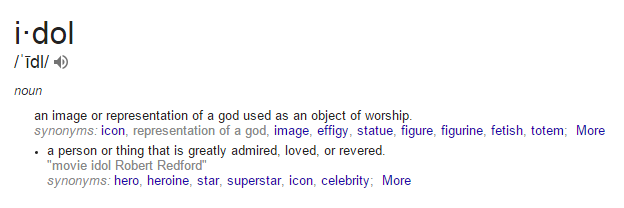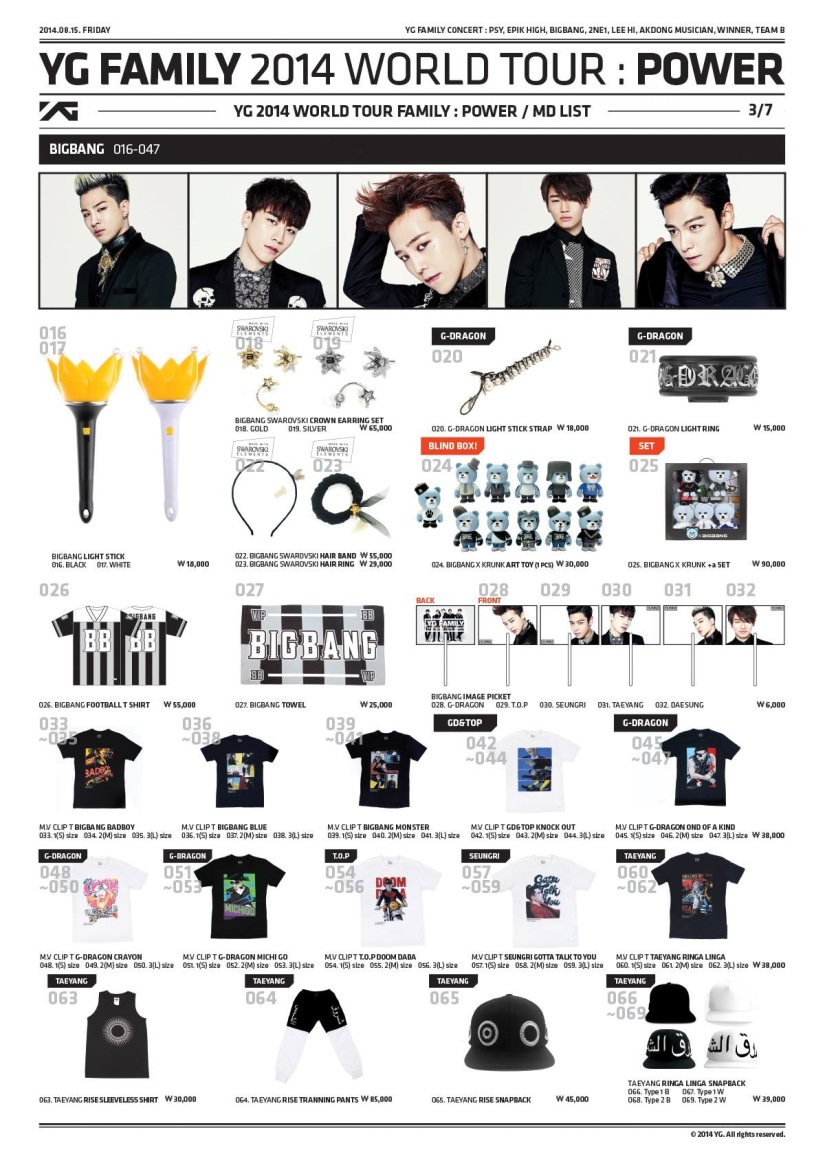Recently BTS walked away from the Billboard Music Awards with the Social Media Artist award in their hands, a testament to the power their fandom has on social media. It’s touted as a hugely historical moment: some Korean dudes winning over the likes of Shawn Mendez, Ariana Grande, Selena Gomez, and Justin Bieber? It’s a landmark for K-Pop and a step forward for Asian representation in American media. It’s proof how music has no boundaries and can be enjoyed regardless of cultural and/or geographical limitations. It’s a win for us all!
Spoiler alert: it’s really not.
With their win, a huge chunk of American media’s been tripping over each other to put out the most clickbait articles about the amazing Korean wonder act, from Vogue to Rolling Stone to (as always) Billboard. With all these big names reporting on BTS, surely it must mean they’re getting more exposure, more representation for Asians, especially for Asian Americans, right?
Only in the sense that they’re considered exotic and foreign. What separates them from homegrown Kor-Am artists? Kor-Am artists are so buried in the United States, they had to go to South Korea to have a fighting chance. Jay Park’s mother told him to go to South Korea seeing how much he preferred dancing over studying; he went back to the States after leaving 2PM, but even then he returned to Korea to sing and act, eventually creating AOMG. Eric Nam was invited by MBC to compete in a singing show. Ailee had to use connections to land an audition in South Korea to further her career. John Park auditioned for Superstar K2 after being a semi-finalist in American Idol. All of these talented Kor-Ams, born and raised on American soil, had to leave the country to pursue their dreams. All of them found relative success in South Korea, relative being had they remained in the States, they wouldn’t have been able to achieve any form of recognition at all. This is proof that there are good Kor-Am artists out there, but none of them ever get the spotlight. Why all the media dickriding BTS then?
The answer perhaps lies in their ‘foreignness’; they are not familiar to many in America. They hail from the faraway land of South Korea, a country most Americans probably can’t even place on the map. They’re not Americans. They’re unusual – they don’t speak English and they have a totally different culture. They’re exotic.
And perhaps I’m reading too much into this, but this is why ultimately it’s a net loss for both Asian representation and the image of K-Pop in American media. The American media hypes BTS for clicks, sure, but some also because they’re so unAmerican. They’re the foreign sweethearts here for the first time at an American award show, adorably awkward and fascinating, the exotic visitors. How is this a good representation for Asian Americans? How is this any different from films with ‘Oriental’ characters playing the same old ‘Oriental’ stereotypes: the scheming, backstabbing liars and the demure, submissive women? How do you call this representation when all it is is a modern glorification of the exotic Oriental trope?
That’s the tone I’m mainly getting from some of these articles and interviews. Why glamourise BTS and pay no attention to Kor-Am artists? This is why. No point in highlighting local homegrown talent when it’s nothing fascinatingly different. BTS is not American. BTS is different. That’s why.
(AsianJunkie’s big boss IATFB wrote at length about the next part better than I do, so I recommend checking his piece out too.)
The venerable T.K. from Ask A Korean wrote an excellent piece a while back about what he considers K-Pop; his point was that similar to Latin or the very muddy label of world music, K-Pop does not denote a particular style of music specific to that genre like RnB or rock. It’s a regional denominator – K-Pop simply means music from South Korea. Anything from idols to Psy to Tablo can be K-Pop (Tablo himself is okay with the label). There are derivatives like K-hip-hop and K-indie, but these typically seek to differentiate themselves from what they consider mainstream popular idol-inundated music; either way, it’s still Korean music. It’s a geographical distinction, not stylistic.
It’s not a distinction that everyone understands, least of all B-grade ‘journalists’ rushing to make money off them clickbaits. Jeff Benjamin is arguably the worst out of all of them – most BTS fans like to think of him as BTS’s number one Western supporter, but he’s more trouble than he’s worth. There have been instances of him not crediting people for lyric translations in his articles:
(He went back and credited @papercrowns in the end, but failed to make a note of it in the article like a respectable journalist would when amending their piece.)
Most of his pieces are biased; a legitimate music journalist approaches music impartially – he doesn’t. In a recent article in Rolling Stone, he wrote:
One look at Psy is proof enough that K-pop acts tend to focus on crafting crazy-catchy tracks with an eye toward the Western mainstream…
One point stands that Psy is indeed K-pop, but with an eye toward the Western mainstream? They’re Koreans – their main market is the Korean audience. The hell do they care for Western mainstream audience for? Yes, some companies try to target the Western market (see: G-Dragon and CL, Ailee with her US debut as A.Leean [which absolutely everyone suddenly has selective amnesia about]), but their main market is always, always the immediate Korean audience. What’s up with this bullshit then? K-Pop columnist but doesn’t have the slightest clue how the K-Pop market works, get on out of here.
In the same article, he adds that:
While other K-pop acts focus on songs about heartbreak and partying, BTS have connected with audiences by touching on topics such as mental health … politics … and even female empowerment .
You want a song about mental health? B.A.P’s rapline track 주소서, or going further back Bang Yongguk’s AM 4:44. Politics? Jay Park’s Raw Shit. Female empowerment? KittiB’s Doin’ Good.
And these are all just off the top of my head. BTS was not the first K-Pop act to talk about these things, and neither are they the only one; for Jeff Benjamin to act as if they’re the ultimate social activist does all these other artists a disservice, and is ultimately an insult to K-Pop in general. He’s basically labeling the entirety of K-Pop as vapid based on the one Psy track that broke out in the West, when Psy also had songs that touched on social issues. How does this in any way portray a good image of K-Pop in American media? There are a lot of fans out there who say as long as it brings K-Pop out of its niche, it’s good enough – but is it really worth the validation when it brings down K-Pop in this manner? It’s not a good image; not for BTS, not for Asian Americans, and certainly not for K-Pop.
None of this is BTS’ fault. I’m not saying it is. What I’m saying is maybe we should all take a step back and try to look at this from a rational perspective. Is this bringing BTS more exposure? Yes, but more exposure doesn’t necessarily mean good exposure. Not when it’s in such a way that lets the American media simultaneously play on their exoticness and puts down the entirety of Korean music. Not when BTS never even needed this sort of cheap, flash popularity in the first place.
I don’t think BTS are naive enough to think this award means anything other than the fact that their fanbase is fucking dedicated; it’s a popularity contest, and they know that ultimately it’s their music (read: sales) that’s important. I do hope they realise this’ll be a flash in a pan thing and I’m hoping they’re just going to milk these eyes on them the best they’re able without biting off more than they can chew, but it’s a shame that a vast majority of the K-Pop fandom thinks validation from Western media is so important, when actually it isn’t.








